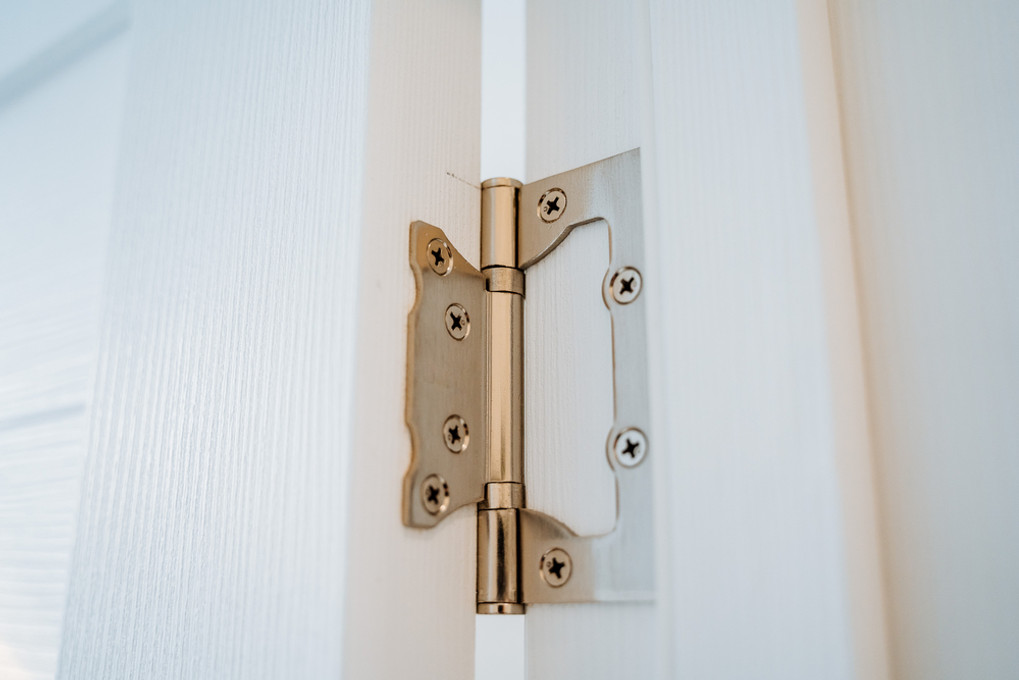
Mortise Door Hinges vs. Non-Mortise Hinges
Posted by National Lock Supply on Nov 15th 2022
As you're building your house and needing a new set of door hinges, you may be wondering whether to go with mortise hinges or non-mortise hinges. Both types have their positives and negatives, so how do you decide which is right for your project? Let's take a closer look at both hinge types so you can effectively decide which one is best for you.
The Importance of Door Hinges in Home Construction
Door hinges are some of the most essential pieces of hardware in any home. Not only do they provide a way to attach door panels to door frames, but they also allow doors to swing open and shut. Without door hinges, we'd be stuck with sliding doors or hinged doors that can't open!
Mortise hinges are door hinges that are set into a mortise, or pocket, cut into the door. Non-mortise hinges, on the other hand, are door hinges that attach to the surface of the door.
Mortise Hinges
Mortise door hinges are more popular in older homes because they were commonly used when those homes were built. Many people prefer mortise hinges because they're hidden when the door is closed, giving your doors a clean look.
Another advantage of mortise hinges is that they're very strong and durable. Because they're set into a pocket in the door, they're less likely to come loose over time than non-mortise hinges.
The downside of mortise hinges is that they're more difficult to install than non-mortise hinges. If you're not experienced in working with door hinges, you may want to hire a professional to help you install mortise hinges.
Non-Mortise Hinges
Non-mortise hinges are less popular than mortise hinges, but they have their own set of advantages. The biggest advantage of non-mortise hinges is that they're much easier to install than mortise hinges.
Another advantage of non-mortise hinges is that they offer more adjustability than mortise hinges. Because they attach to the surface of the door, you can easily adjust them if your doors start to sag over time.
The downside of non-mortise hinges is that they're less durable than mortise hinges, and they're not hidden when the door is closed. Not only could this pose some aesthetic problems if you're going for a very clean look in your home, but it could also be a security issue if you're not careful. If you're looking for a door hinge that's both strong and inconspicuous, mortise door hinges are a better option.
Which Hinge Type Is Right for You?
Now that you know the difference between mortise hinges and non-mortise hinges, which type should you choose for your project? The answer depends on your specific needs.
If you're not sure which door hinge type is right for you, our team of experts at National Lock Supply is always happy to help. Give us a call today or shop our selection of door hinges and other door hardware online. We look forward to supplying all your door security and hardware needs.
 SAME DAY & EXPEDITED SHIPPING AVAILABLE
SAME DAY & EXPEDITED SHIPPING AVAILABLE





